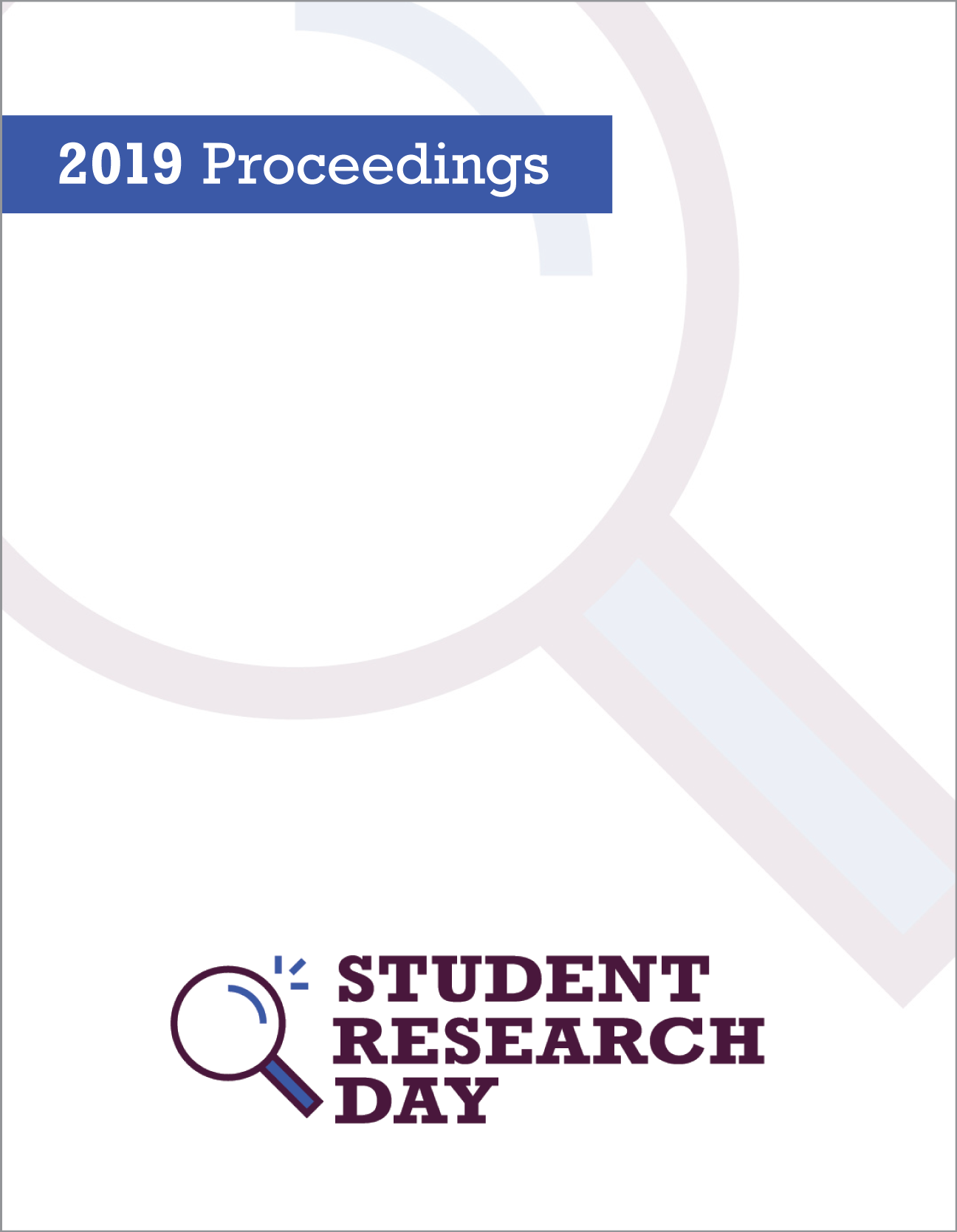The identity of a new profession
Examining the aegis of Traditional Chinese Medicine
Abstract
Background: In recent decades, the rapidly growing practices of acupuncture and Chinese herbal medicine have become professionalised under the banner of Traditional Chinese Medicine (TCM) in Canada. Many consider TCM to be a catch-all term representing the medical theories and practices developed over thousands of years in China. Beyond this broad description, Canadian sources of information lack a comprehensive definition of what TCM is (or is not), and there is little to no discussion of this topic within the discipline. Our study investigates the historical precedents leading up to the formal creation of “Traditional” Chinese Medicine, and how this relates to education, practice and regulation of this new profession in Canada.
Methods: Using a qualitative descriptive design, semi-structured interviews were conducted with 12 key informants, including historians, sinologists, translators, policy-makers and practitioners of Chinese Medicine in the United States, Canada and China. Interviews were recorded, transcribed, and analyzed by using thematic analysis.
Results: Interview data suggested that TCM is a standardized version of Chinese medicine that was created sixty years ago amidst a period of political turmoil in China. Four key themes were identified: (a) TCM is distinctly modern; (b) TCM is one style of Chinese medicine that is influenced by Western medicine, centered on organ theory, and lacks context; (c) TCM is suited to the healthcare needs of mid-twentieth century China; and (d) TCM is not the problem (but rather the presumptions around it).
Conclusion: It appears there is a scholarly consensus that TCM is an invention of contemporary history. There is an urgent need to increase awareness of what TCM is (and what it is best suited to do within a healthcare system) as Canadian provinces move forward with educational and regulatory decisions on this new profession.
Faculty Mentor: Darren Tellier
Department: Acupuncture
References
Downloads
Published
Issue
Section
License
Authors retain any and all existing copyright to works contributed to these proceedings.



